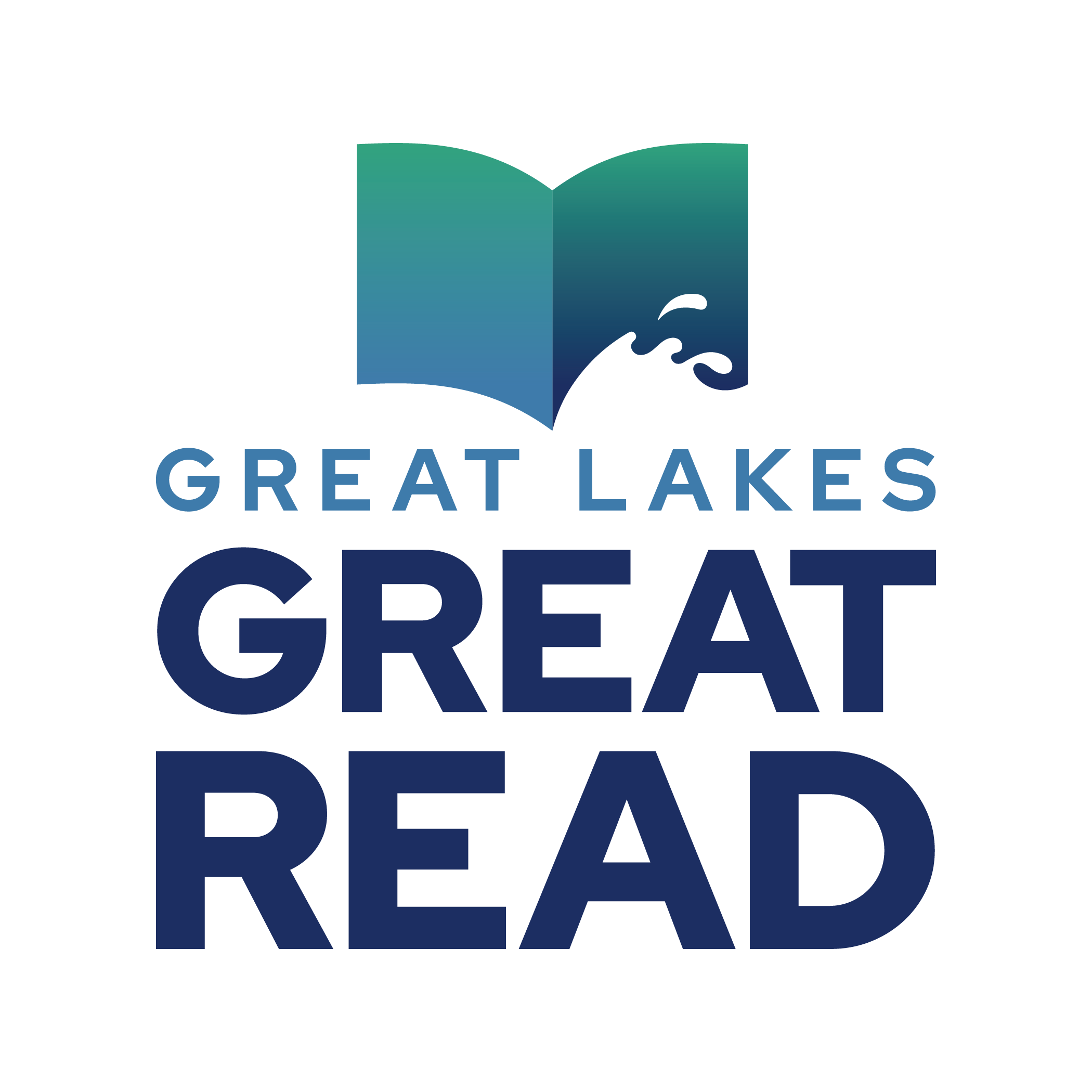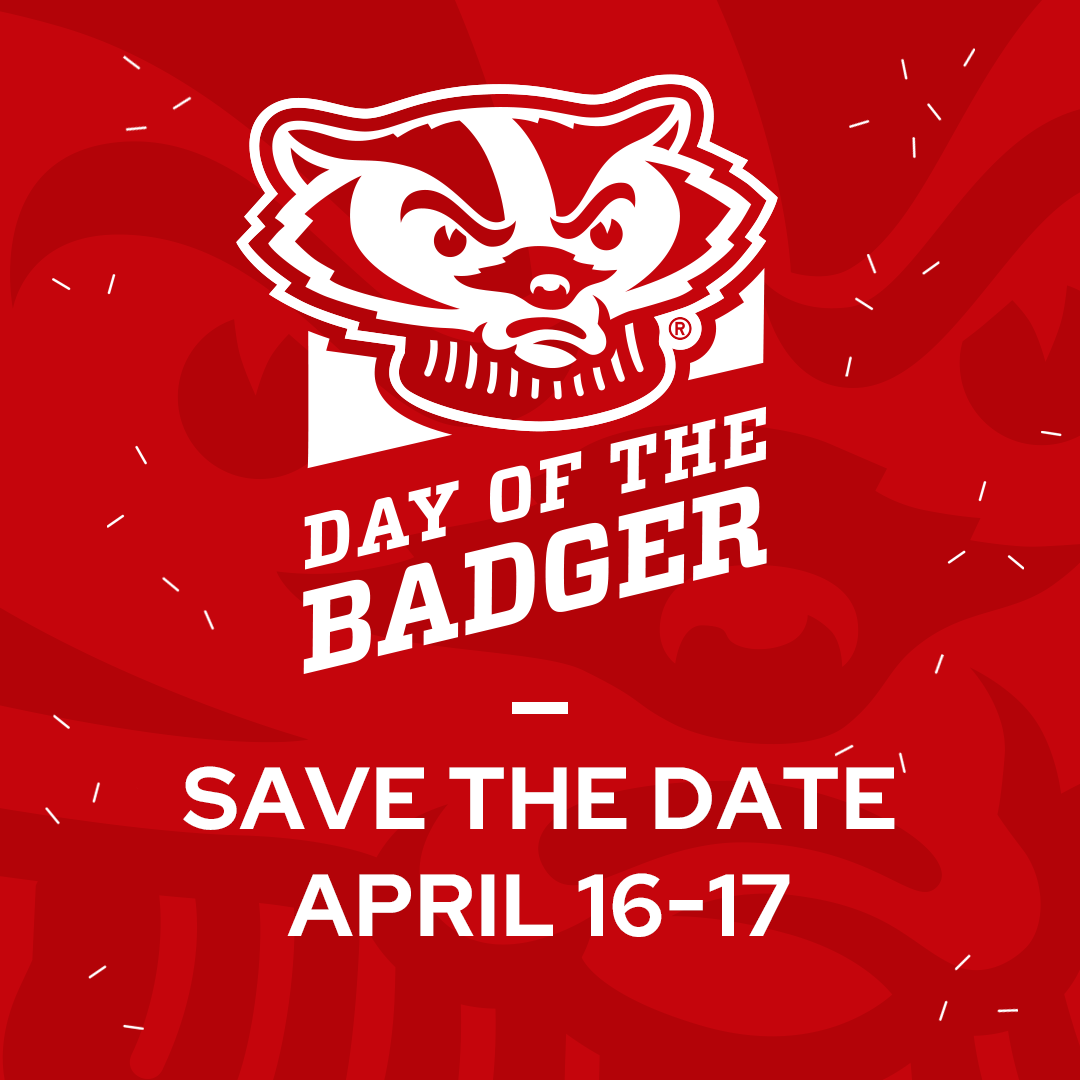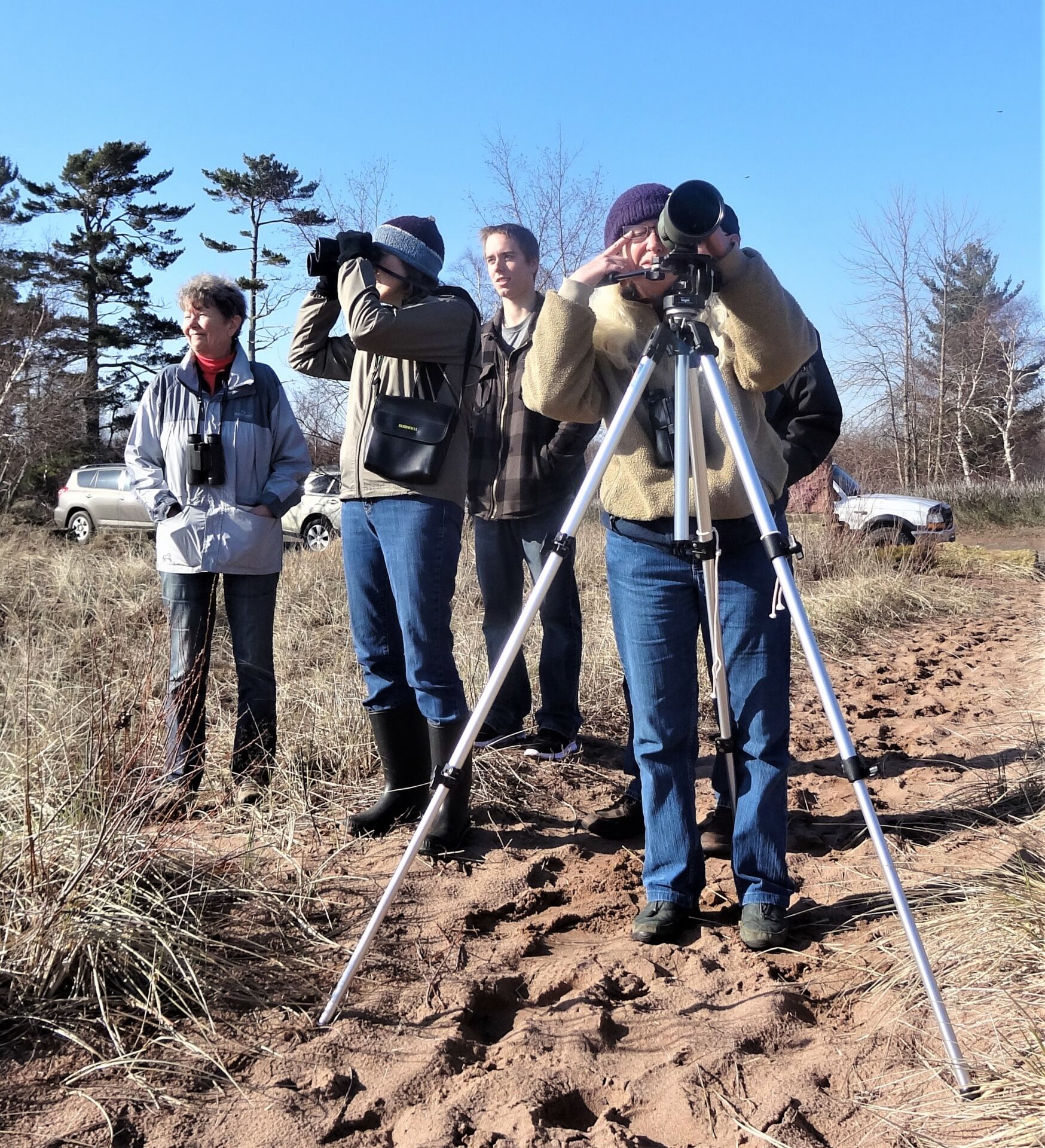Given that even her advisor has trouble keeping up with Caroline Mosley, Washington, D.C., may want to think about preparing itself.
Mosley, a graduate student at UW-Milwaukee’s School of Freshwater Sciences (SFS), was recently tabbed as one of three University of Wisconsin Sea Grant Knauss Marine Policy Fellows for 2015. Beginning in February, she’ll spend 12 months working in the National Oceanic and Atmospheric Association’s (NOAA) Executive branch.
It’s an honor Mosley has worked hard to earn. For the last two years, she’s been helping Harvey Bootsma, an associate professor with SFS, with his research on the effects aquatic invasive species are having on Lake Michigan’ ecosystem.
Well, that and maybe just a few things more.
“What impresses me about Caroline is her initiative and confidence,” said Bootsma. “Over the two years we have worked together, Caroline has repeatedly surprised me by taking the lead on a number of high-profile outreach and service activities, including the organization of a Run4Water day, serving as president of the UWM Student Water Council, representing students on our School’s Planning and Governance Committee, and traveling to Guatemala to work with Engineers Without Borders on a water supply project.”
“I can’t keep up with all these initiatives,” he added. “I usually learn about Caroline’s involvement after the fact.”
Did we mention that Mosley’s also fluent in German and ran the Boston Marathon this year?
She was born in Wisconsin, but she dual-majored as an undergraduate at Creighton University in Nebraska. She began her educational career with designs on medical school, until sophomore year when a freshwater ecology course shifted her sights to environmental science.
“I’ve always been interested in applied science,” Mosley said. “Fresh water is such an important resource. The pieces just fell into place,” she said.
Her timing couldn’t have been more opportune. She arrived at the SFS just in time to watch the school invest millions in a new facility and several major water-based initiatives. Joe Fillingham, a former UW Sea Grant Knauss Fellow (2011) who’s also working with Bootsma as a research assistant, encouraged Mosley to apply for the Knauss program.
“I’m happy there’s a program like this for people like me,” she said.
Mosley has always liked to work with her hands, which makes the scientific work she’s been doing with Bootsma so perfect for her. She’s spent the last two years examining the process of phosphorus recycling by profunda quagga mussels.
“Basically, I’m looking at mussel poop,” she joked.
It’s a flip assessment, given that the work she’s doing is actually critical to understanding the massive changes the mussels are wreaking on Lake Michigan’s food web. As the mussels drain the lake of nutrients at an almost alarming rate, Mosley and Bootsma’s work could help us understand where those nutrients are going once the mussels have filtered them—potentially into the sediment, potentially converting to biomass.
It’s a case where that hands-on approach she loves so much comes in, um, handy. On a recent collection trip, Mosley captured, cleaned and collected phosphorous samples from a whopping 500 mussels.
Like the two other 2015 UW Sea Grant Knauss Fellows, Mosley will learn the specifics of her NOAA appointment when she travels to Washington, D.C., in November Working in an office, which is what she’ll be doing as part of NOAA’s executive team once her fellowship begins, won’t give her nearly as much opportunity to get her hands wet and dirty, but she said she’s prepared for the challenge. In particular, her experience with Engineers Without Borders in Guatemala has prepped her to work with people.
“I like expanding my horizons,” she said. “So it’ll be interesting to learn about the legal and policy side of things. I just keep finding more things to do.”
Mosley plans to graduate from SFS in December and begin her fellowship two months later.





